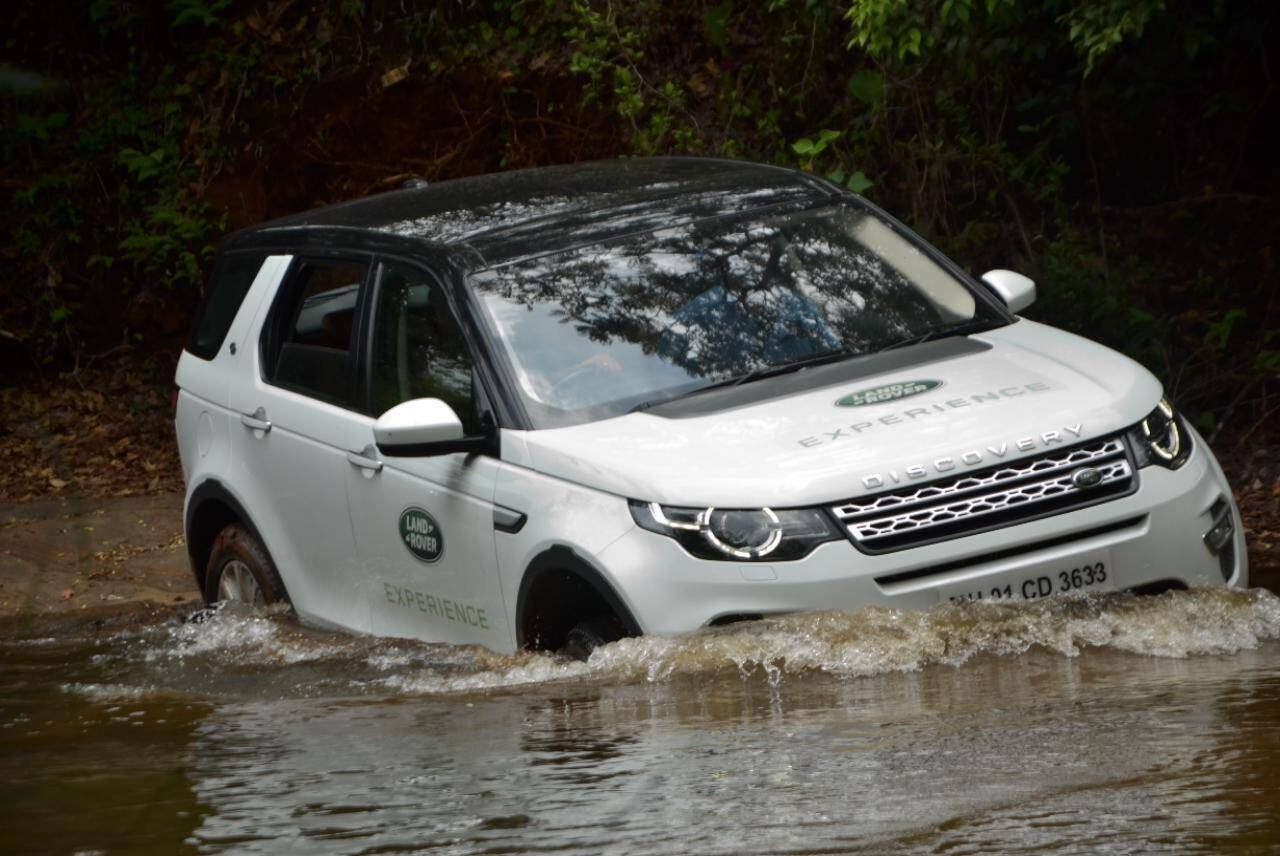 By Bruce Einhorn
By Bruce Einhorn
The purchase of the storied Jaguar and Land Rover auto brands in 2008 handed India’s Tata Group a challenge that had long frustrated Ford Motor Co., the British marques’ previous owner: How to eke out a profit.
For a while, Tata seemed to have found the answer. Within a couple of years of the acquisition, Jaguar Land Rover Automotive Plc was making money. Its Range Rover Evoque, a compact SUV with a distinctive crunched rear roof, was a runaway hit — so much so that the former Spice Girl Victoria Beckham got involved in a special edition. The Evoque powered JLR’s profits for years, accounting for most of parent Tata Motors Ltd.’s earnings in the first half of the decade. The company’s market value soared above $29 billion in 2015.
Then China’s slowdown hit sales in what was once the carmaker’s most important market; the U.K. voted to break away from the European Union; and India’s biggest conglomerate was wracked by a power struggle as Ratan Tata fired his handpicked successor. JLR was also slow to reduce its reliance on diesel vehicles in Europe. The outlook is now so dire that Tata executives are said to be exploring the possibility of selling part of the luxury-car unit.
“JLR faces all these challenges and more, as it is the smallest of the mainstream luxury carmakers, barring Volvo,” said Deepesh Rathore, London-based director at Emerging Markets Automotive Advisors. Sweden’s Volvo Cars is owned by China’s Zhejiang Geely Holding Group Co.
Tata Motors said Friday there was “no truth to the rumors” that it’s looking to sell its JLR stake, and declined to comment further.
Record Loss
Tata Motors, whose shares fell 60 percent last year, posted a record loss of 270 billion rupees ($3.8 billion) in the December quarter, the biggest for an Indian company, as the British unit struggled. Shipments have collapsed in China, plunging 35 percent in the nine months to Dec. 31. The company is eliminating 4,500 jobs, or about 10 percent of its global workforce, and on Feb. 7 took investors aback with a plan to write down its JLR investment by $3.9 billion.
JLR, which also makes the Jaguar XE sedan and the Land Rover Discovery SUV, needs to raise $1 billion in just over a year to replace maturing bonds — a bigger challenge after S&P Global Ratings downgraded the unit in December for the second time in five months. That pushed the company’s debt deeper into S&P’s junk category.
Quality problems have weighed on both marques: A J.D. Power survey of 31 brands in June 2018 put them in the bottom two slots. Jaguar had 148 problems per 100 vehicles and Land Rover racked up a dizzying 160. Top-ranked Genesis, the luxury brand of Hyundai Motor Co., had 68.
Quality issues have added to JLR’s troubles in China, where the company had multiple recalls, said John Zeng, managing director of LMC Automotive Shanghai.
“This has greatly jeopardized Chinese consumers’ confidence in the brand value,” said Zeng. JLR’s “quality control capability and its after-sales network are not good enough to support its volume expansion or help it compete with rivals.”
The marques were therefore especially vulnerable to China’s slowdown. The world’s largest auto market shrank about 4 percent last year, the first such decline since the early 1990s.
As JLR struggles to restructure in China, it risks falling further behind German rivals. Competition is likely to increase “as German car brands such as Mercedes, BMW and Audi build more vehicles in the country,” Bloomberg Intelligence analysts Steve Man and Kevin Kim wrote Feb. 8.
Turmoil back in Mumbai hasn’t helped. A few years after retiring, Ratan Tata in 2016 ousted his successor Cyrus Mistry as chairman of Tata Sons, the group’s holding company. That followed a feud over Mistry’s plan to shed assets and his opposition to the world’s cheapest car, the egg-shaped Nano, among other things.
Land Rover still ranks as the most valuable of the major brands owned by Tata Group, which also controls Tetley tea and New York’s luxury Pierre hotel. The automotive marque was worth an estimated $6.2 billion last year, according to Interbrand.